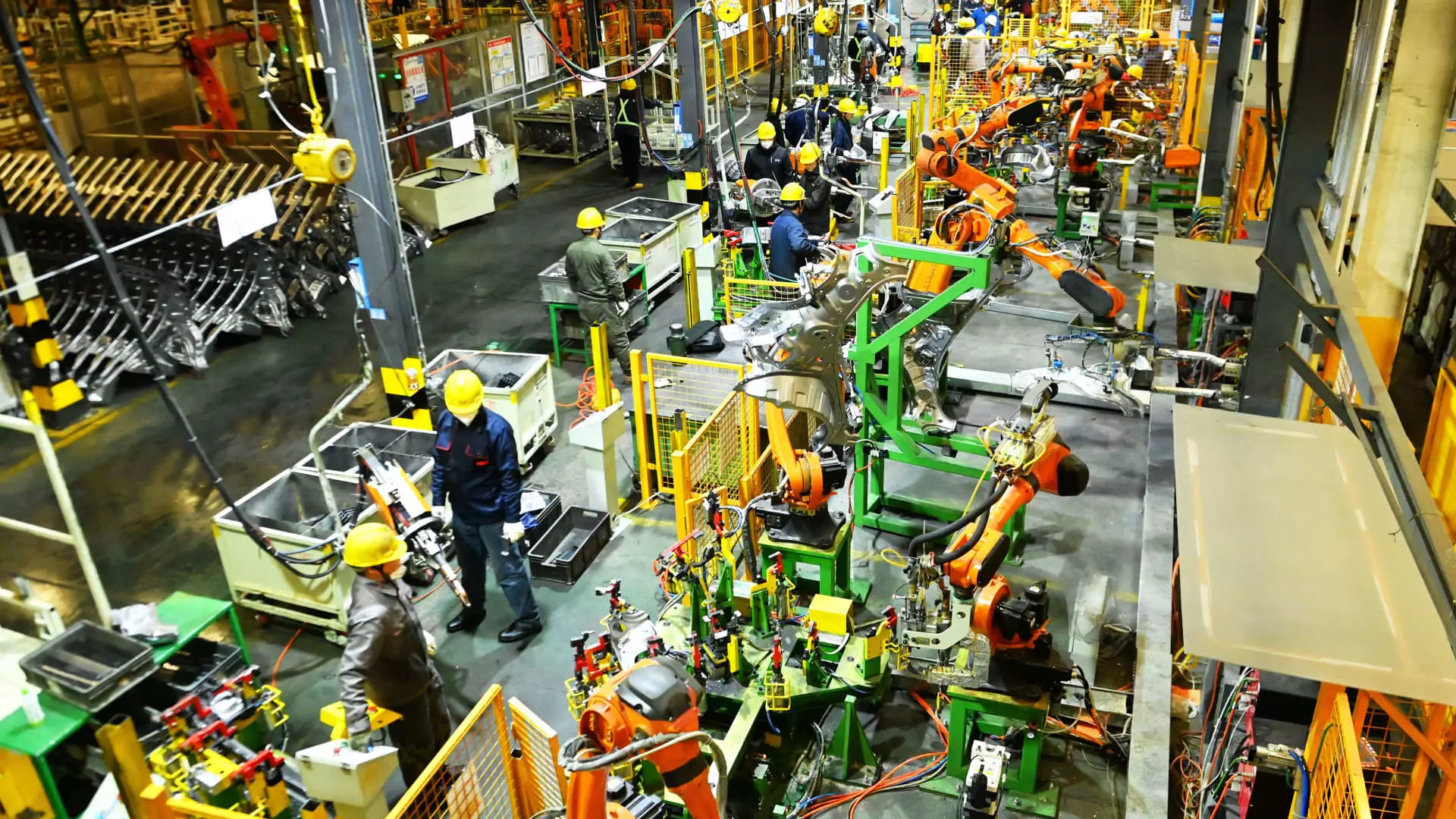The automotive sector in the United States is standing at a precarious crossroads, with recent announcements from the Trump administration tipping the scale towards a potential crisis. Exemptions for automakers from looming tariffs on vital automotive parts have been suggested, but this represents merely a temporary Band-Aid over a simmering wound. As the automotive industry wrestles with 25% tariffs on imported vehicles and parts, the question remains: will these proposed exemptions truly alleviate the burden, or are they just smoke and mirrors in an increasingly politically charged environment?
The roots of these tariffs trace back to a misguided attempt to combat the opioid crisis by targeting Chinese imports related to fentanyl. Yet, instead of targeting the source of the problem, the administration’s tariffs are punishing an entire industry that has long been struggling under the weight of fluctuating trade policies.
Industry Anxiety: Call for Clear Policies
Leading the charge against these mounting tariffs are major industry players who have made their concerns abundantly clear in communications with the administration. Recently, six influential automotive policy groups united in an unprecedented move to lobby for relief. They articulated their grievances in an open letter to the White House, emphasizing the potential jeopardy posed to U.S. automotive production by the impending levies on auto parts. This kind of unified front, particularly in an industry known for its competitive landscape, signals desperation—an acknowledgment that many auto suppliers teeter on the brink of financial distress.
Anyone following this saga can see that leading executives, such as General Motors CEO Mary Barra, are desperate for clarity amidst the chaos. Her call for “clarity and consistency” resonates not only within the halls of her company but across the entirety of the industry. The ongoing uncertainty about U.S. regulations makes strategic planning an exercise in futility. How can companies justify investments or innovations when the rules can change overnight?
Impact on Innovation and Competition
The repercussions of these tariffs go beyond immediate financial implications; they threaten to curb innovation and stifle competition in the U.S. auto market. Automakers are already adapting to evolving market trends, yet a lack of coherent policy hampers their ability to be responsive or proactive. The reluctance to make significant operational changes amid fluctuating potential tariffs leaves the industry at a disadvantage against foreign competitors who may not share the same burdens.
Furthermore, it is essential to recognize that tariffs act as a double-edged sword. By artificially inflating automotive prices, consumers may shy away from purchasing new vehicles. This, in turn, decreases overall demand, creating a vicious cycle that can decimate the industry’s workforce and undermine the economy at large.
A Call for Rational Trade Policy
The automotive industry’s plight serves as a grave reminder of why rational trade policies are crucial for economic growth. The notion of putting America first is a compelling slogan; however, the implementation of policies that overlook the complexities of global trade relationships is damaging. Rather than enacting broad tariffs, a more nuanced approach is necessary—one that considers the interconnected nature of the global automotive supply chain.
The question remains: Is this administration willing to accept that some of its policies may have gone awry? The path to restoring faith in U.S. trade practices lies not in dialling up the pressure on American industry but in fostering an environment of cooperation and open dialogue.
The current trajectory places American jobs at risk, jeopardizing an industry that forms the backbone of many communities across the nation. It is time for those in power to listen and pivot toward a mode of governance that values intelligent economic strategy over the allure of populist rhetoric. Without such a transition, the auto industry may be forced to reckon with the devastating consequences of protectionism—a future fraught with uncertainty and economic instability.


Leave a Reply